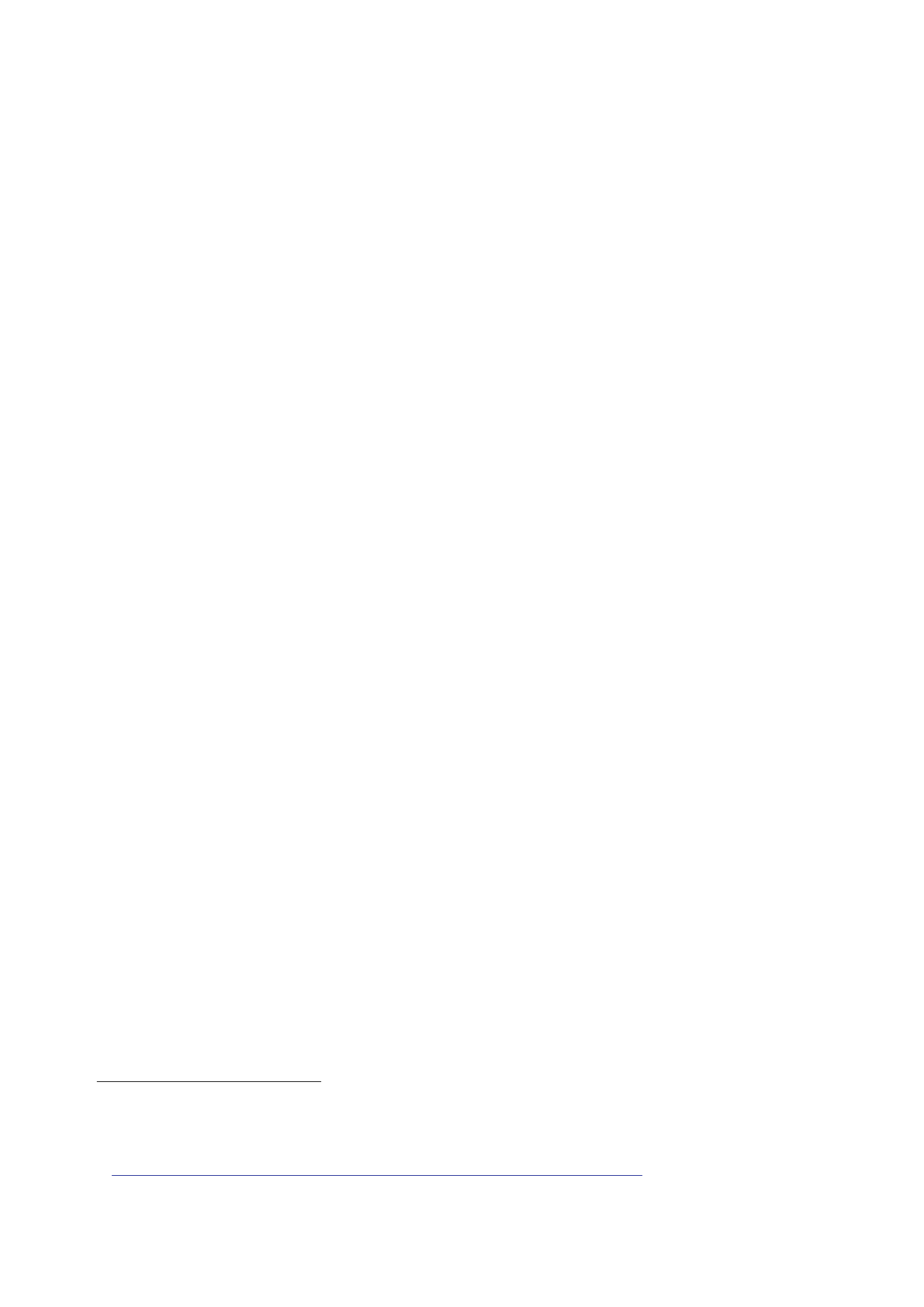
3.6 |
Development of UK strategy and options, November 2002 to January
2003
132.
At a press
conference on 15 November, Dr Blix had identified potential
practical
problems
with interviews outside Iraq.41
133.
In response to
a question about whether it was possible for Iraqi experts to
be
interviewed
adequately inside the country, Dr Blix responded
that:
“…
interviews were an important source of information. If there were a
big weapons
programme
in Iraq there would be many people engaged in it. The UNSCOM
[UN
Special
Commission] and the IAEA had interviewed a lot of people in the
past and
learned a
great deal. He [Dr Blix] was also aware that most of the
interviews had
gone rather
well and without great problems. There was also quite a number
in
which the
persons interviewed were clearly intimidated by Iraqi
representatives.
Hence,
there should be the possibility for interviews to be done in
private, with
the IAEA
and the Commission deciding the modalities and the place for
them.
The question
would be whether in the present atmosphere the Iraqis would
be
willing to
be interviewed alone. He said he understood the need for the
interviews
to be
carried out abroad. Defectors had been a very important source of
information,
and would
presumably continue to be so. His concerns were about the
practicality
of taking
people abroad if the [Iraq] Government was not willing to allow
that
to happen.”
134.
An advance
team of 30 staff from UNMOVIC travelled to Baghdad with
Dr Blix and
Dr Mohamed
ElBaradei, Director General of the IAEA, on 18 November to prepare
for
135.
In
Mr Straw’s office meeting of 20 November with Sir Michael
Jay and others,
discussed
earlier in this Section, Sir Jeremy Greenstock stated that
UNMOVIC was
“desperate
for professional help (e.g. sniffing equipment and investigation
techniques).
So far they
had been underwhelmed by the initial UK response.”43
136.
Mr Straw
had agreed the UK should do more.
137.
Mr Charles
Gray, Head of the FCO Middle East Department, advised the
Cabinet
Office that
the UK was providing a list of 10 suspect sites, including the test
bed site
at
al‑Rafah, which they would like UNMOVIC to inspect at an early
stage.44
It
was
also
planning to offer a list of the top 10 individuals the UK thought
UNMOVIC should
interview
as a priority.
41
UN Press
Briefing, 15 November 2002, Headquarters
Press Conference by Head of UN Iraq Weapons
Inspection
Team.
42
The
Guardian, 18
November 2002, UN weapons
inspectors arrive in Iraq.
43
Minute
McDonald to Gray, 20 November 2002, ‘Iraq: Follow‑up to SCR
1441’.
44
Letter Gray
to Bowen, 20 November 2002, ‘Iraq: Obfuscation under UNSCR
1441’.
27
